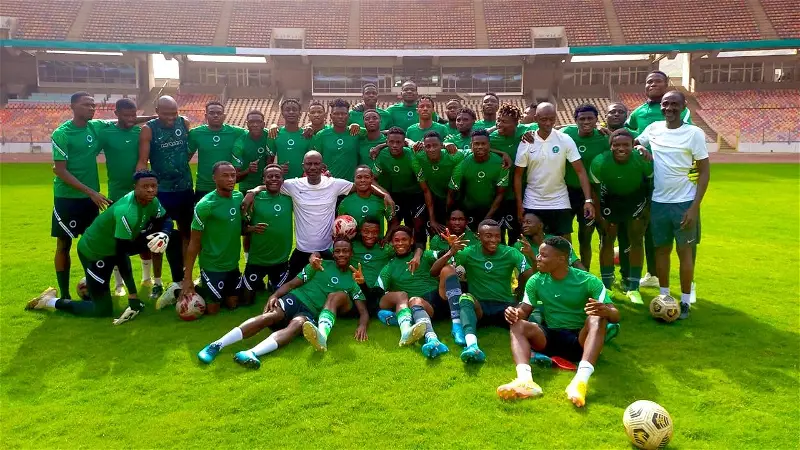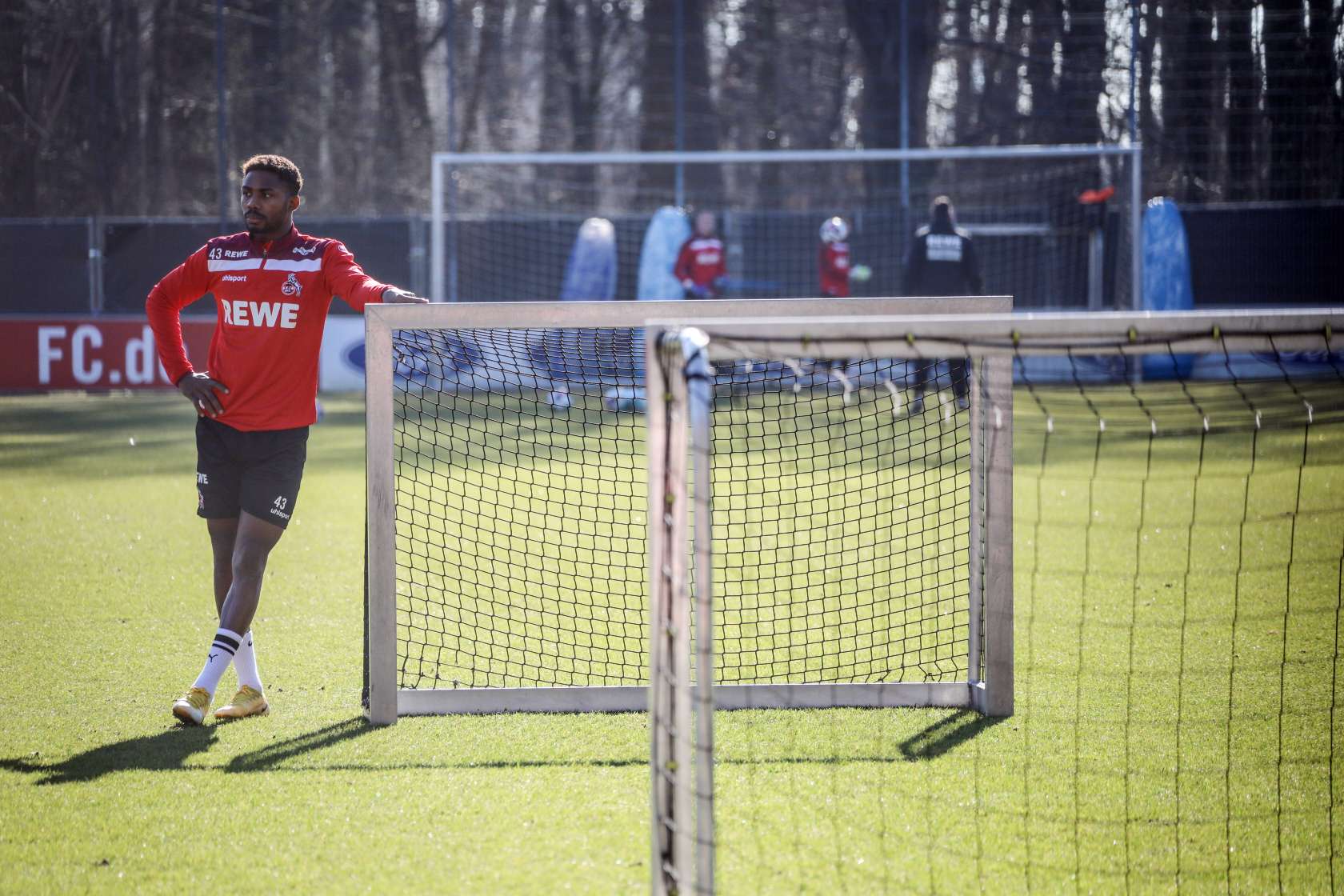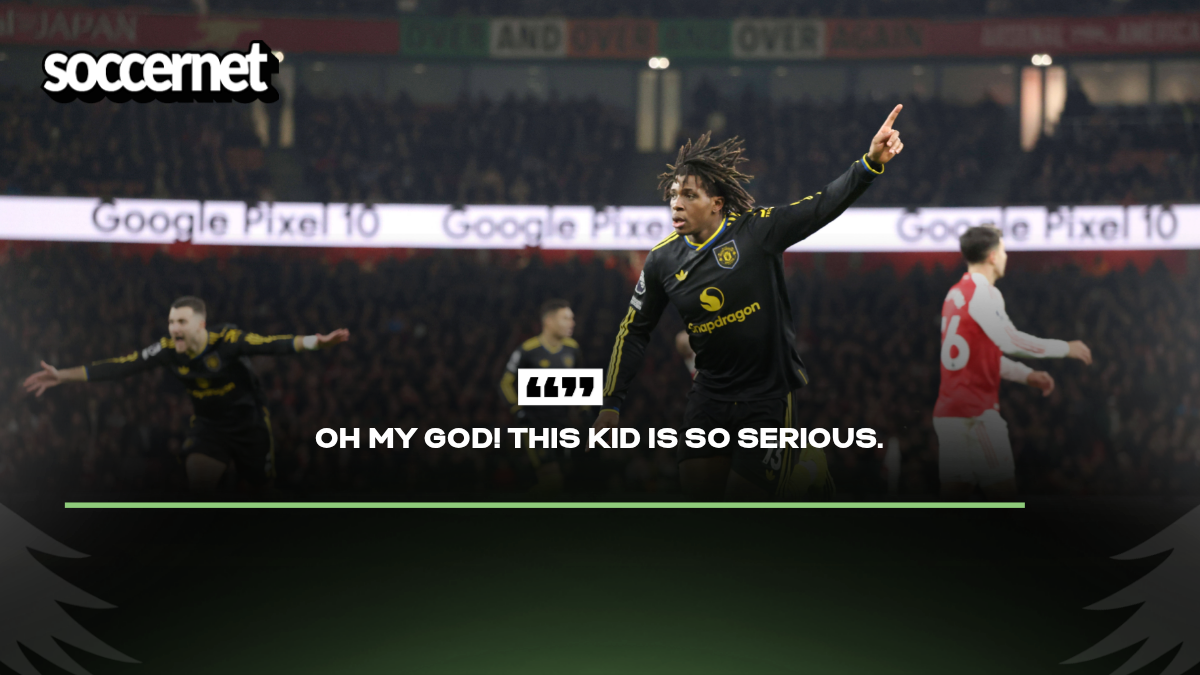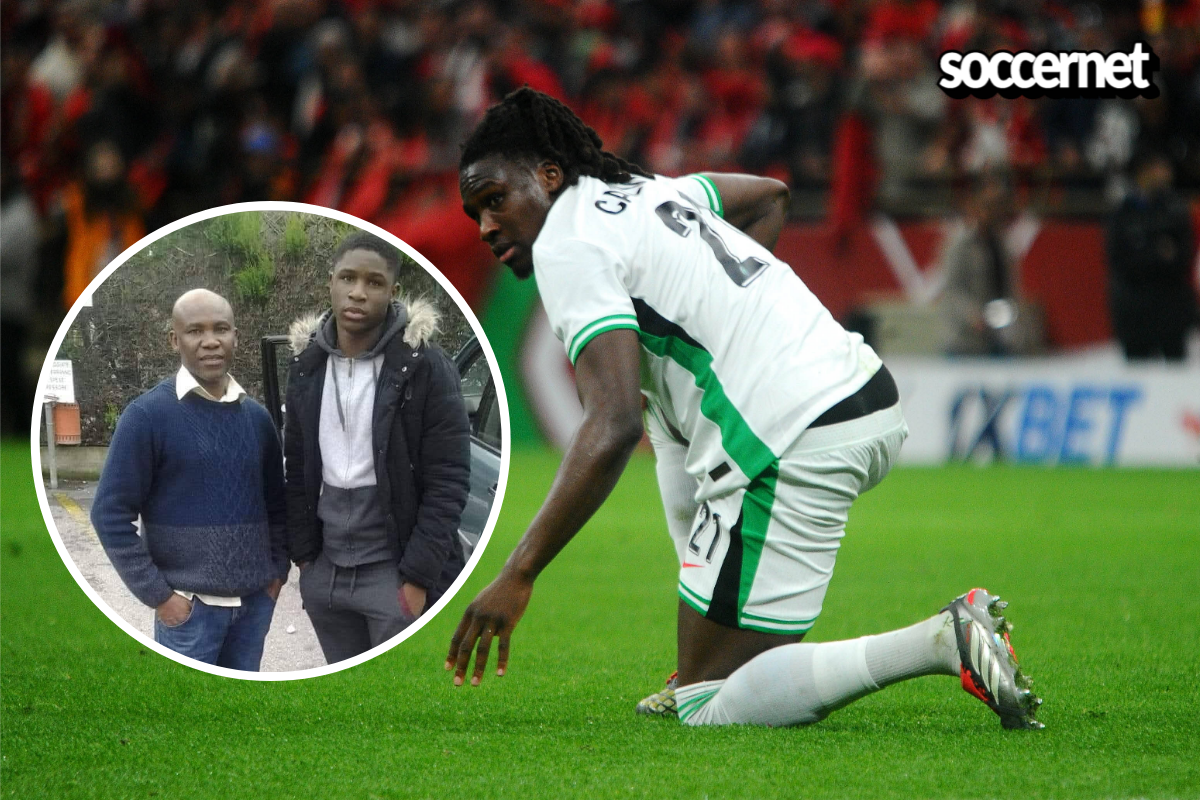The Nigerian U-20 national team is the most successful U-20 national team in African history.
Popularly nicknamed the Flying Eagles, the team boasts an unmatched trophy cabinet that houses seven continental titles, two silver, and three bronze Afcon medals.
There are also two silver medals and one bronze medal from the U-20 FIFA World Cup – a haul bettered by none on the black continent besides Ghana.
So, how did Nigeria outperform all others at the U-20 Africa Cup of Nations?
The U-20 Africa Cup of Nations was the toughest to win in the early days after its inaugural edition.
The competition format was set for teams to play each other at home and away, with the winner on aggregate moving to the next round.
Home teams deployed several dark, underhand tactics to gain an undue advantage over unsuspecting opponents, making it difficult for any nation to dominate the Afcon. No national u-20 team found it easy to perform consistently at the continent's highest level in those days. None but the Flying Eagles.
Algeria won the maiden edition of the u-20 Afcon in 1979, beating Guinea in the final, with Nigeria finishing third.
The Flying Eagles returned to pick a second bronze medal in 1981 as Egypt and Cameroon finished in the first two positions.
The dominant years
Nigeria finally lifted her first u-20 Afcon title in 1983 after defeating Ivory Coast 4-3 on aggregate in the final. The team picked up a 2-2 away draw before edging the return leg 2-1 to qualify for the 1983 FIFA World Youth Championship.
The Flying Eagles became the first to retain the Afcon title after reaching the final again in 1985, where Tunisia waited.
And that team, brewing with the talents of Monday Odiaka, Niyi Adeleye, and Samson Siasia, overpowered the Tunisians and went all the way to finish third at that year's World Youth Championship.
A third consecutive title followed for Nigeria in 1987 when the team thrashed Togo home and away for a 5-1 aggregate victory in one of the most one-sided final matches ever.
A record fourth African title arrived at the 1989 edition as a Mutiu Adepoju-inspired Flying Eagles romped past Mali in the final after a gruelling campaign.
And with the likes of Christopher Ohenhen, Nduka Ugbade, and Christopher Nwosu in that team, Nigeria also made it to the final of the FIFA U-20 World Cup, where only Portugal were the stumbling block.
Nigeria's unprecedented dominance finally ended in 1991 as the organisers changed the competition's format, with the last eight teams gathering in Egypt in a group stage round for the first time in history.

The rough times
Strangely, defending champions, Nigeria did not enter for that tournament and crashed out at the group stage of the next edition.
Nigeria, however, opted to host the 1995 U-20 Afcon. Unfortunately, the Flying Eagles only finished third after losing to Cameroon in the semifinals in Kaduna and beating Mali in Ibadan in the third-place decider.
The country failed to qualify for the 1997 edition only to return in 1999 to finish second behind Ghana, thanks to the talents of Haruna Babangida, Joseph Yobo, Julius Aghahowa, and Pius Ikedia, among others.
The return of the King
Nigeria hosted the FIFA World Youth Championship that year but crashed out in the quarterfinals after losing 3-1 to Mali in Enugu.
After an embarrassing group stage exit in 2001 and failing to qualify for Burkina Faso 2003, the Flying Eagles returned in style to power to the title in 2005.
Blessed with the likes of Isaac Promise, Victor Obinna Nsofor, and Taye Taiwo, the Eagles beat all-comers, including Egypt, in the final to claim a fifth U20 Afcon title and a first since 1989.
Joined by Mikel Obi afterwards, the Flying Eagles made it to the final of the U-20 World Cup, where they narrowly lost to a Lionel Messi-inspired Argentina.
Following a silver medal finish in 2007 and a bronze medal finish in 2009, Nigeria returned to the podium in 2011 in South Africa.
Thanks largely to Uche Nwofor's tournament-high four goals and decent support cast performances from Olarenwaju Kayode, Terry Envoh, and Stanley Okoro, the Flying Eagles claimed a sixth title after beating Cameroon 3-2 in the final.
Nigeria's dominance continued with a third-place placing in 2013 before romping to a seventh continental crown in 2015.
Fired on by goals from Musa Muhammed and Taiwo Awoniyi, the Flying Eagles defeated Congo, Ghana, and Senegal twice – in the group stage and in the final – to emerge as Africa's best for a record-extending seventh time.

The calm before the storm?
The Flying Eagles have not won the title since, finishing fourth only in 2019 while failing to qualify for the other two editions in-between.
The former champions are back at Egypt 2023 under the tutelage of head coach Ladan Bosso with the team charged with picking a World Cup ticket and an eighth Afcon trophy.
The Eagles' first game is against Senegal on Sunday evening before facing hosts Egypt and Mozambique in other Group A fixtures.





With such a rich archive, Soccernet is gradually becoming the first-stop online football news site to check.
I still remember vividly the Gold Lionel Messi denied Nigeria and the nail-biting matches in Saudi Arabia were, weary and done, Nigeria had lost the Gold to Portugal.
When Ghana took the gold, I told myself it wouldn’t be long before Nigeria did. The U20 FIFA tournament ranks best organized of all their competition after the FIFA World Cup finals. It’s always a pleasure watching the Flying Eagles plying their ware on the pitch. One day, we’d seat ourselves down round a camp fire and bowls of pepper soup to discuss and name the best of all the Flying Eagles team ever.